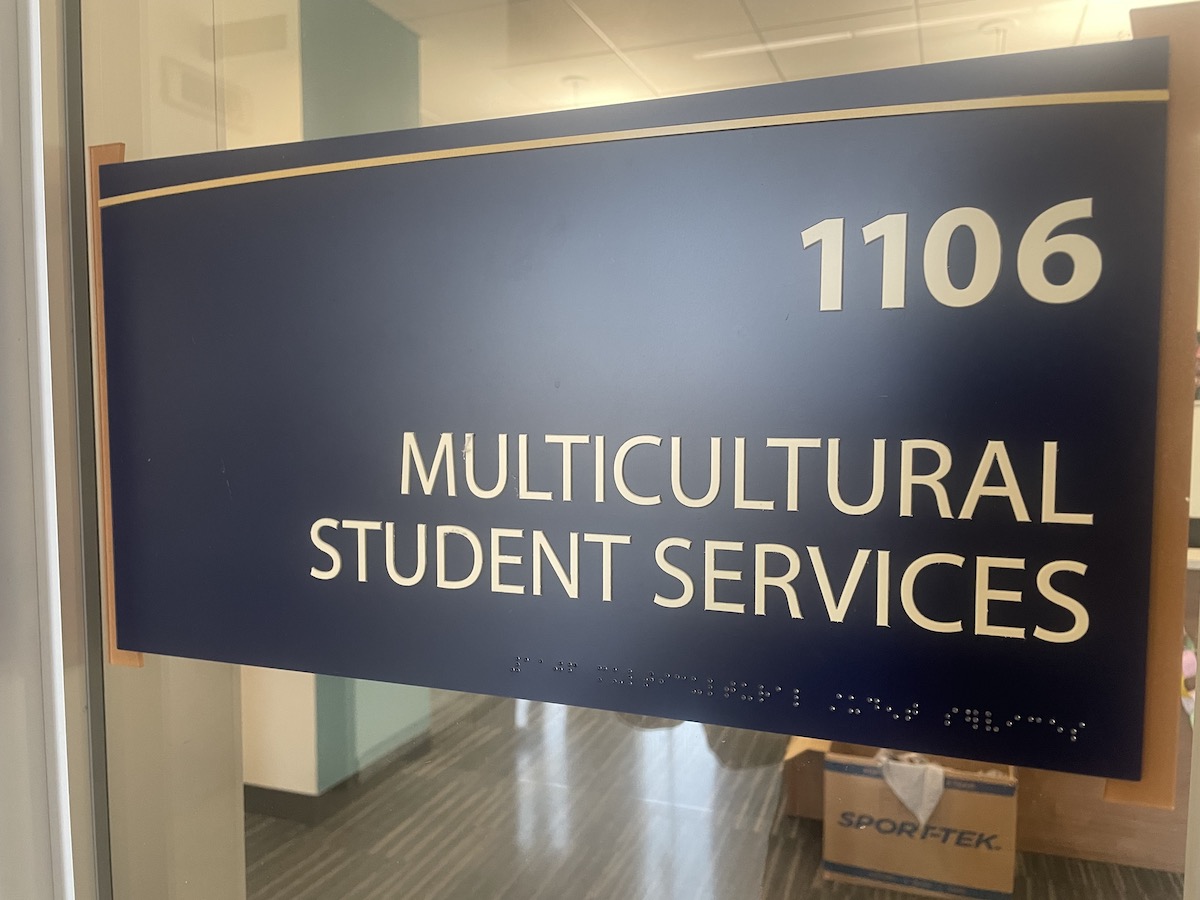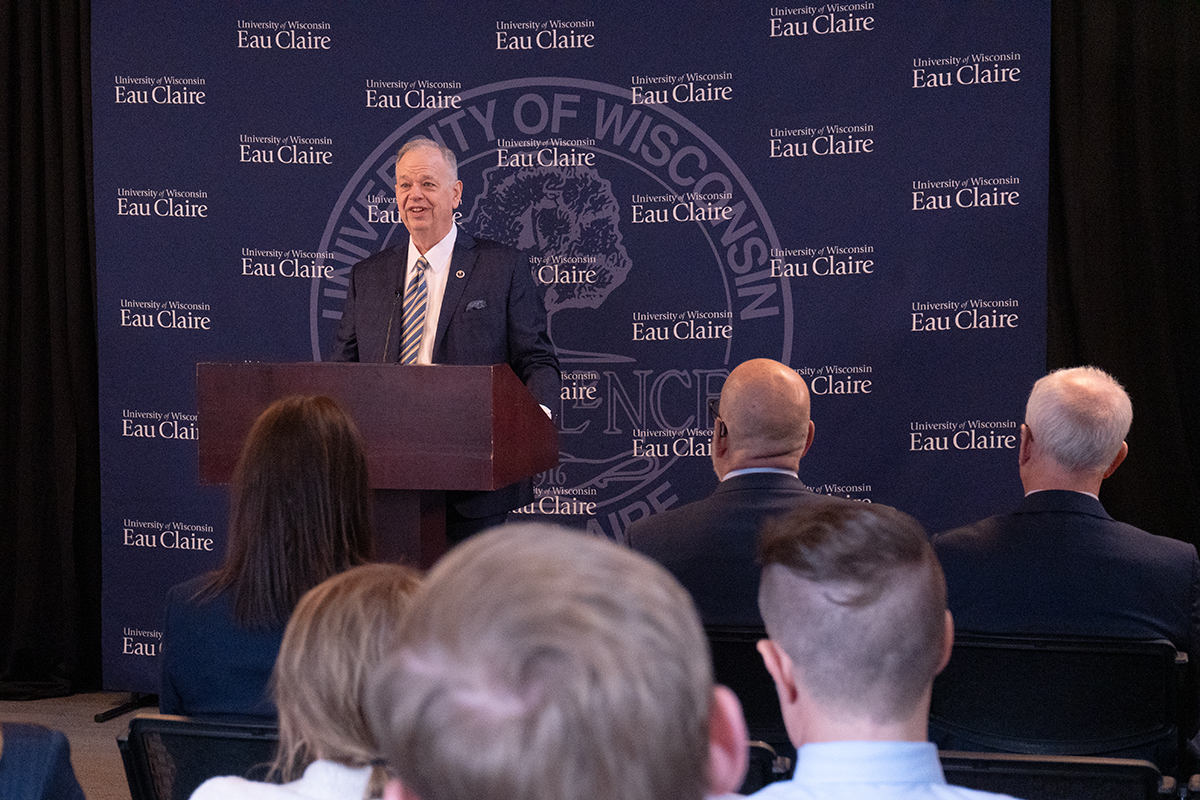In what Interim Chancellor Vicki Lord Larson called a “logical choice” for the federal government, the WiCell Research Institute in Madison was chosen Oct. 3 as the site for the first and only national stem cell research bank.
The National Institutes of Health awarded WiCell a four-year, $16 million grant that allows UW-Madison to continue categorizing stem cells and distributing the cell lines to researchers around the world.
WiCell signed an agreement, and one of the benefits includes a lower cost of $500 for the university to send stem cell lines to other academic facilities, said Andrew Cohn, government and public relations manager for WiCell. The university paid $5,000 before the grant.
Larson said it is very fortunate that UW-Madison was chosen as the bank site, because it is the institution that first discovered the value of stem cell research.
“I think it’s vital for continuing research for the University of Wisconsin system, and it should have, in the long run, the possibility of an enormous economic impact on the state of Wisconsin,” Larson said.
This announcement came two weeks after the state Legislature voted to ban all human cloning in the state of Wisconsin.
The state Legislature is not correctly representing the wants of the state, Cohn said.
Seventy percent of Wisconsin residents support the bank and believes it to be a great contributor to the state’s economy.
Biology Professor Rudy Buiser said he believes fewer people would be opposed to stem cell research if they knew enough about it.
The stem cells the institute uses are donated from couples who have gone through in-vitro fertilization, Cohn said.
When the cells are isolated and five days old, they become stem cells and, in turn, can become any cell within the body, he said.
“Stem cell research is very important,” Buiser said, “It gives us the opportunity to find cures for cancer, Alzheimer’s, Parkinson’s and spinal cord injuries.”
“The pros outweigh the cons entirely,” junior biology major Karin Mathiesen said. “It (the research) can help so many people.”
Madison has been among the top 10 research institutes in the nation, and it is “exciting” to have the research in the state of Wisconsin, Buiser said.
“We (WiCell) employ students as lab techs, and students have the opportunity to work with the faculty members who are working with the stem cells,” Cohn said.
Buiser said Eau Claire students and faculty might have future opportunities to be involved with the research as well.







